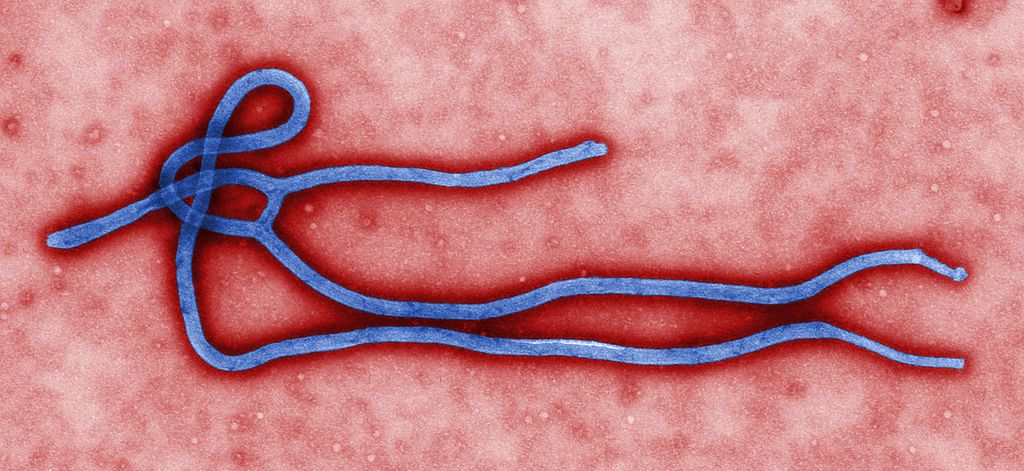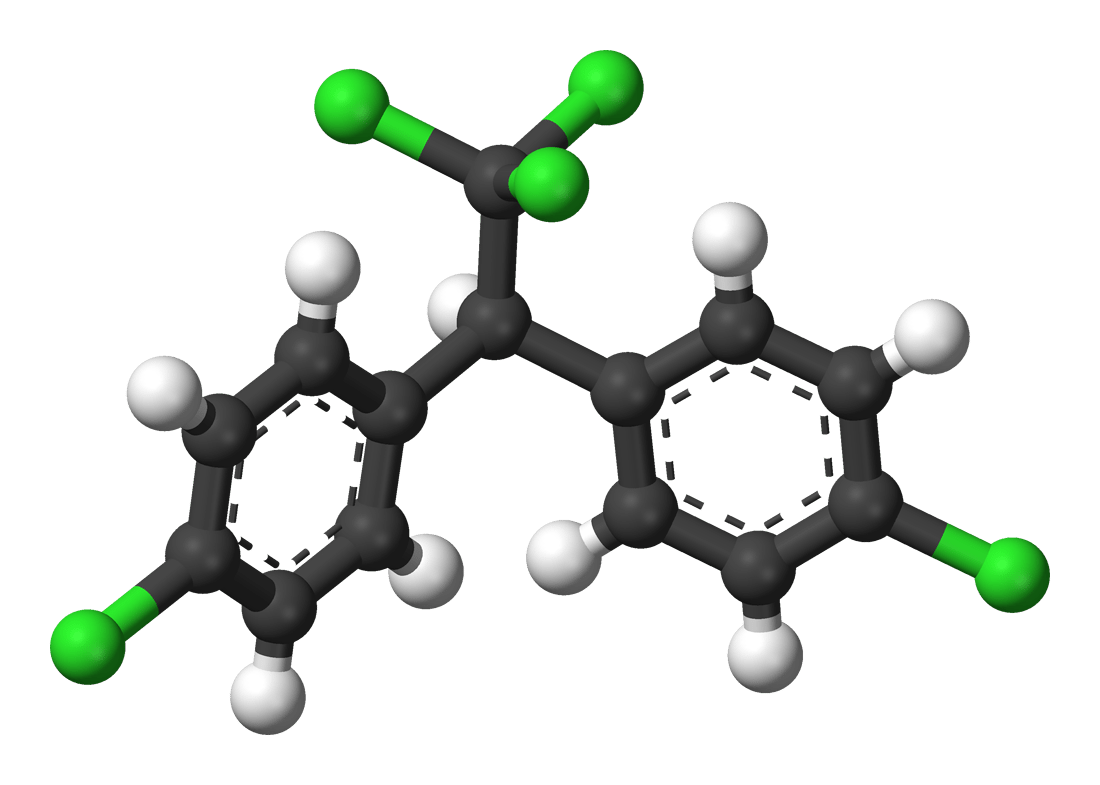A Scientist in Wonderland
Edzard Ernst is one of those rare people who dare to question their own beliefs, look at the evidence without bias, and change their minds. He went from practicing alternative medicine to questioning it, to researching it, to becoming its most prolific critic. I have long admired his work, and I finally met him in person when we were invited to speak...

Another Misguided Cancer Testimonial
Mike Shedlock wrote a post about how he beat prostate cancer. In doing so, he provides a typical example of how difficult the medical literature can be for a layperson to read, and where they can get things wrong.
Shedding Light on Unreasonable Decisions
One of the biggest frustrations for a doctor is when a patient refuses to take science-based medical advice. We would like to believe that giving a patient accurate information will lead him to make good decisions that will improve his health or save his life. But that’s not how it works. Patients reject life-saving surgery and chemotherapy, patients on essential medications are...

Smoking Cessation and the Affordable Care Act
Smoking is the leading preventable cause of death. Each year it kills more than 5 million people around the world, 480,000 in the US alone. And for every person who dies, about 30 more have serious illnesses caused by smoking. On average, smokers die 10 years earlier than nonsmokers. Anyone who is concerned about preventive medicine must consider smoking cessation a priority....

Is the Ebola Crisis a Reason to Skip RCTs?
In a recent “Perspective” article in The New England Journal of Medicine, three physicians (Drs. Cox, Borio, and Temple) make a strong case for not letting the rush to save Ebola patients tempt us to deviate from good science and skip the randomized controlled trial (RCT). Their arguments cut to the essence of the scientific approach to medicine, and they deserve careful...
The Health Benefits of Moderate Drinking
A Book of Verses underneath the Bough, A Jug of Wine, a Loaf of Bread–and Thou Beside me singing in the Wilderness– Oh, Wilderness were Paradise enow!” – The Rubaiyat of Omar Khayyam Alcoholic beverages have always inspired strong opinions pro and con. Omar Khayyam included wine in his vision of Paradise; Carrie Nation took a hatchet to saloons. Humans have...
The Marvelous Dr. Mütter
The Mütter Museum in Philadelphia has a marvelous collection of human bones, surgical specimens, monsters in jars, and medical memorabilia. It holds attractions for everyone, from the jaded medical professionals who thought they’d seen it all to the coveys of youngsters who compete to point out the grossest items to their friends, from the student of history to the connoisseur of the...
Study of “Acupressure” for Constipation
A recent study in the Journal of General Internal Medicine evaluated a treatment for constipation. It tested whether training patients to massage the perineum (the area between the vagina or scrotum and the anus) would improve their reported bowel function and quality of life at 4 weeks after training. They found that it did. It’s a simple, innocuous treatment that may be...

Pesticides: Just How Bad Are They?
I think everyone would agree that it would not be a good idea to put pesticides in a saltshaker and add them to our food at the table. But there is little agreement when it comes to their use in agriculture. How much gets into our food? What are the effects on our health? On the environment? Is there a safer alternative?...
Vitamin D: To Screen or Not to Screen?
Vitamin D, the so-called sunshine vitamin, has generated a lot of attention in recent years. It has been claimed to benefit a wide variety of diseases, everything from cancer to multiple sclerosis. It is widely used along with calcium for bone health. It is added to milk and prenatal vitamins and is prescribed for breastfed babies. Some doctors are recommending everyone take...

